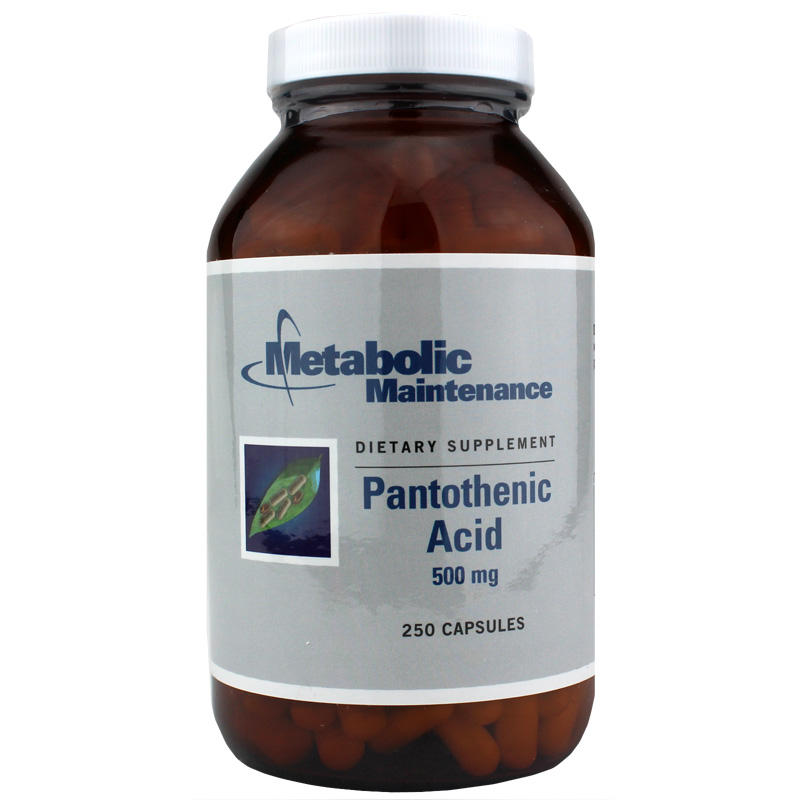
Allithiamine: The Hidden Vitamin B1 You Need to Know About
Another lesser-known form of vitamin B1 is lipothiamine, which is a lipid-soluble variant of thiamine that is believed to be more easily absorbed by the body than traditional thiamine supplements. This form of thiamine has also shown potential in the treatment of various health conditions, including diabetic neuropathy and Alzheimer’s disease. If you are looking to try lipothiamine or other forms of thiamine supplements, you can check out iHerb and other health supplement stores for availability.
What Is Allithiamine?
Allithiamine is a lipid-soluble form of vitamin B1 that was discovered in garlic (Allium sativum) in the 1950s along with its homolog prosultiamine. Unlike regular thiamine, which is water-soluble and easily excreted by the body, allithiamine can cross the blood-brain barrier and reach the brain and nervous system more effectively. This makes it more potent and bioavailable than other forms of vitamin B1.
Why You Need Allithiamine
Allithiamine has several benefits for your health, especially if you are at risk of thiamine deficiency or have certain conditions that affect your metabolism, nerves, or brain. Some of the reasons why you need allithiamine are:
- It can prevent or treat thiamine deficiency.
Thiamine deficiency can cause serious complications such as beriberi, Wernicke-Korsakoff syndrome, and lactic acidosis. These conditions can affect your heart, muscles, nerves, and brain function. Thiamine deficiency can be caused by alcohol use disorder, diabetes, certain gastrointestinal conditions or surgeries, or heart failure. Allithiamine can help replenish your thiamine levels and prevent or reverse these complications.
- It can support your nerve health.
Allithiamine can help protect your nerves from damage caused by high blood sugar levels, inflammation, or toxins. It can also help improve nerve conduction and reduce pain and numbness associated with diabetic neuropathy. Allithiamine may also help with other nerve-related conditions such as carpal tunnel syndrome, sciatica, or Bell’s palsy.
- It can enhance your brain function.
Allithiamine can help improve your cognitive abilities such as memory, attention, and learning. It can also help prevent or treat cognitive decline and dementia caused by aging, Alzheimer’s disease, or stroke. Allithiamine may also help with mood disorders such as depression and anxiety by modulating neurotransmitters such as serotonin and dopamine.
How to Get Allithiamine
Allithiamine is naturally found in some foods, especially garlic and other onion family members. However, the amount of allithiamine in these foods is very low and may not be enough to meet your needs. Therefore, you may consider taking a supplement containing allithiamine or its derivatives such as benfotiamine or sulbutiamine.
The recommended daily amount of vitamin B1 for adults is 1.2 milligrams for males and 1.1 milligrams for females. However, the optimal dose of allithiamine may vary depending on your individual needs and health conditions. You should consult your healthcare provider before taking supplements to determine the best dose for you.
Allithiamine supplements are generally considered safe and well-tolerated when taken orally. However, some people may experience allergic reactions when given high doses of allithiamine through an intravenous line. Therefore, you should avoid taking allithiamine injections unless prescribed by your doctor.
If you are looking for a high-quality allithiamine supplement that is tested for purity and potency, you may want to check out allithiamine australia. This supplement contains 50 milligrams of allithiamine per capsule and is made from natural ingredients. You can order it online from their website or find it in selected health stores.



